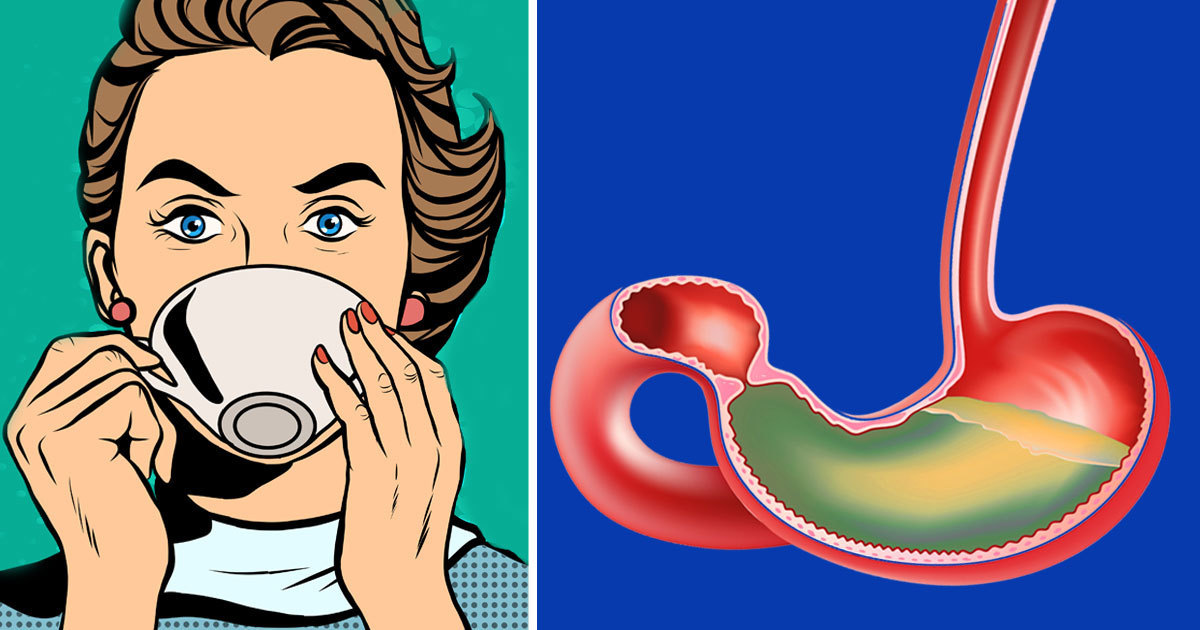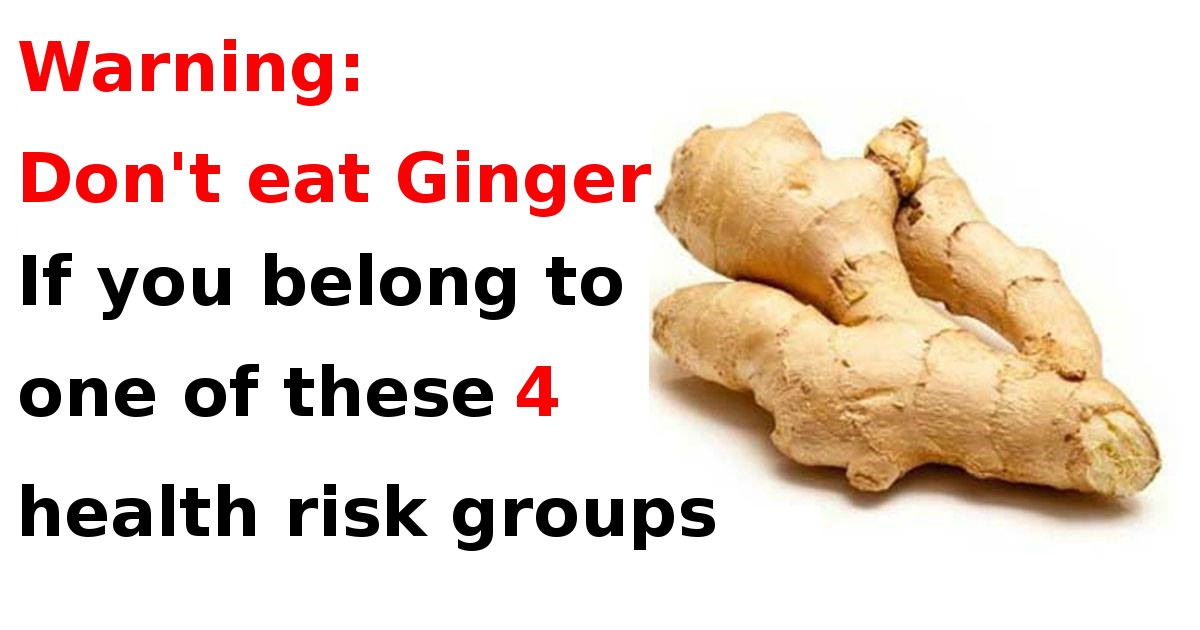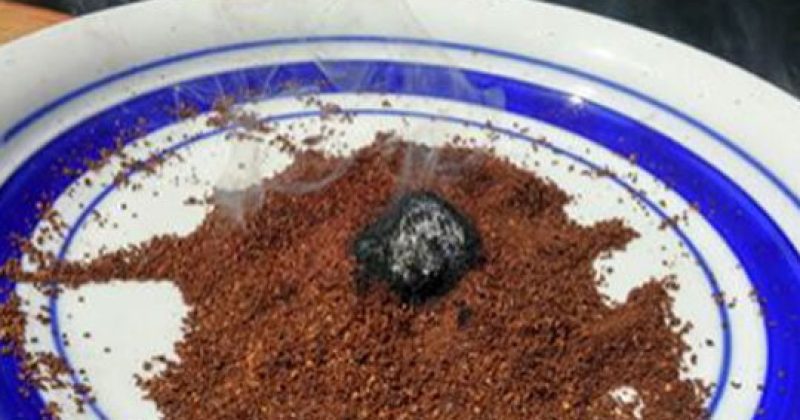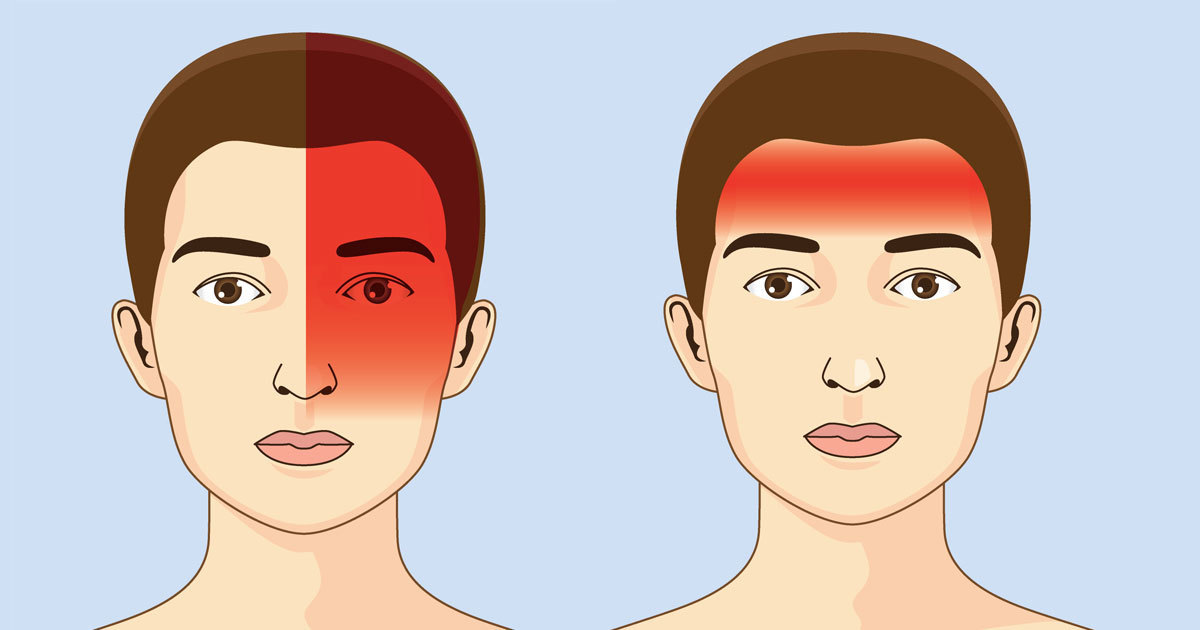Never eat turmeric if you belong to one of these six risk groups!
|
One of the healthiest spices in the world is turmeric. Curcumin, the active compound in turmeric, is among the most beneficial natural substances. However, just because something is natural doesn’t automatically make it safe for everyone. Other natural compounds, like strychnine and cyanide, can be extremely toxic. While turmeric generally does not cause severe side effects, some people have reported nausea, dizziness, diarrhea, and stomach pain after consuming it.
When turmeric is combined with black pepper, the body absorbs it more effectively and powerfully. That’s why it's important not to mix overly large amounts of both spices.
You should avoid turmeric if you fall into any of the following categories:
Digestive Issues
According to the University of Maryland Medical Center, turmeric may interfere with antacid medications and lead to increased stomach acid.
Turmeric also contains a pungent compound, and consuming it in excessive amounts can cause stomach and abdominal discomfort.
Gallbladder Problems
Turmeric can worsen gallbladder issues. If you suffer from a blocked bile duct or gallstones, you should avoid turmeric.
People with Kidney Stones
When consumed in large quantities, turmeric may contribute to kidney stone formation. It's high in soluble oxalates, which can bind with calcium to form about 75% of all kidney stones.
People prone to kidney stones should either avoid turmeric altogether or limit their oxalate intake to no more than 50 mg per day.
People with Diabetes
Turmeric has the ability to lower blood sugar levels, which can cause a significant drop in glucose for those with diabetes. While people with diabetes can still consume turmeric, they should do so in small, controlled amounts.
Pregnancy and Breastfeeding
Turmeric is generally safe during pregnancy and breastfeeding when consumed in small amounts through food. However, it is not considered safe when taken as a supplement or in large medicinal doses, as it could negatively impact the pregnancy.
Furthermore, there's not enough reliable information on the safe medicinal dosage of turmeric during breastfeeding, so it’s best to avoid it to prevent potential side effects.
People Preparing for Surgery
Individuals scheduled for surgery should stop taking turmeric at least two weeks prior to the procedure. Turmeric can prevent blood clotting and may increase the risk of excessive bleeding during or after surgery.












